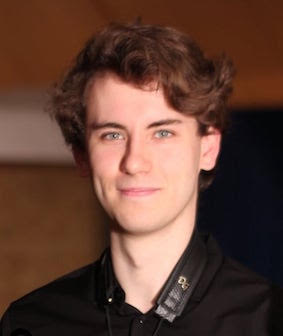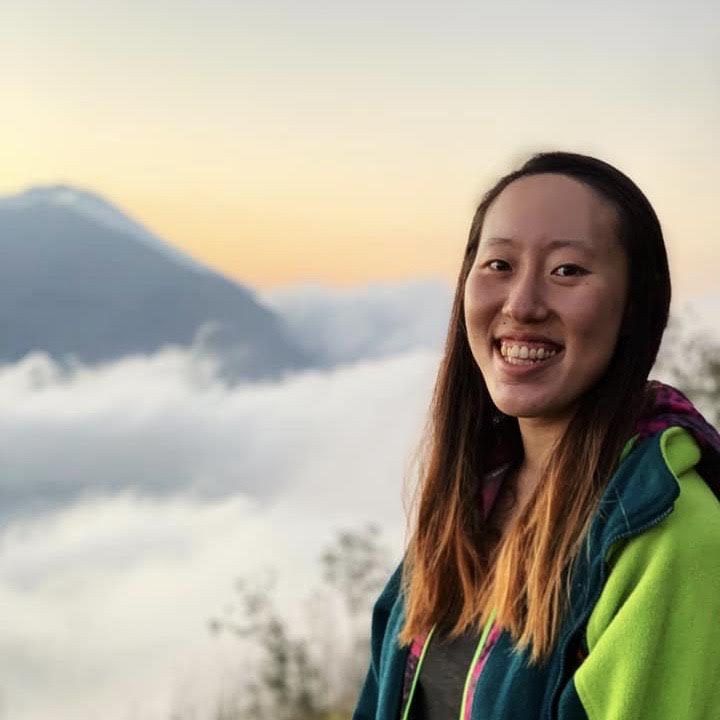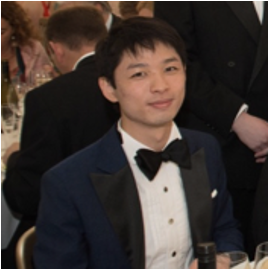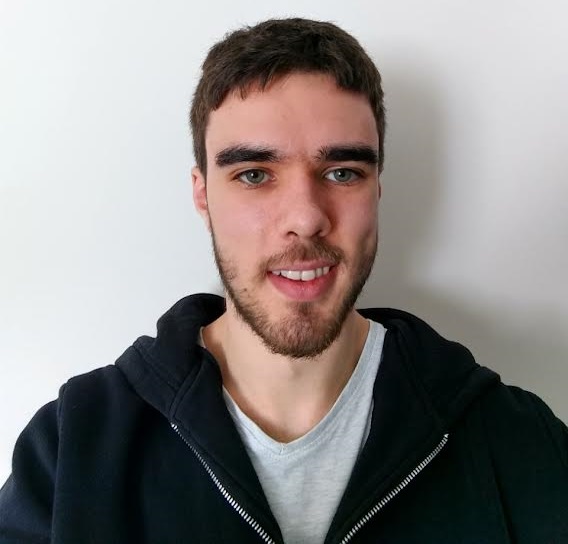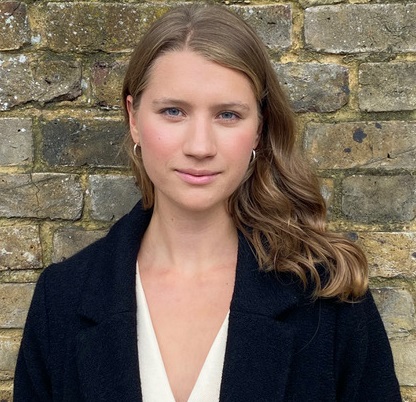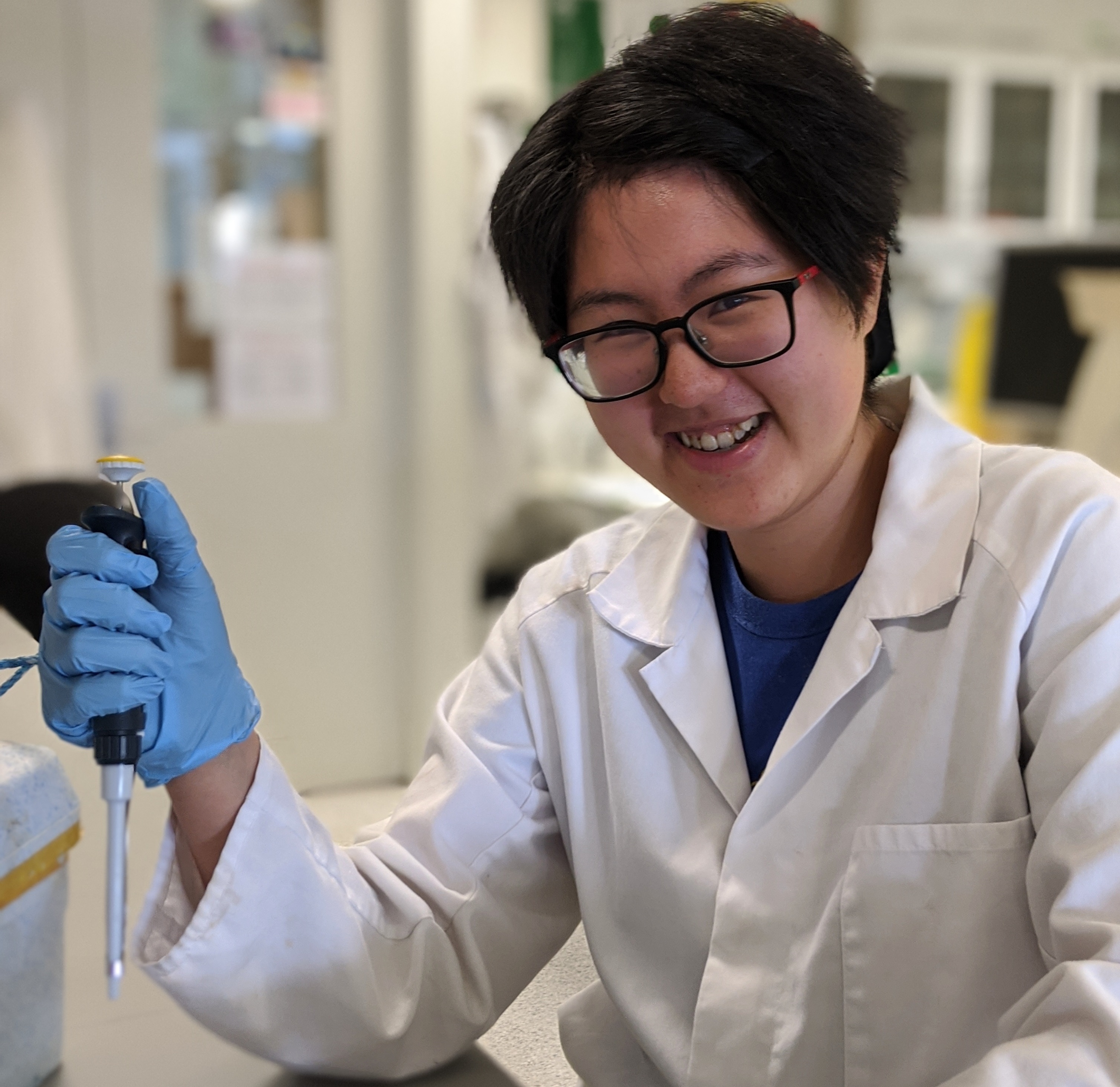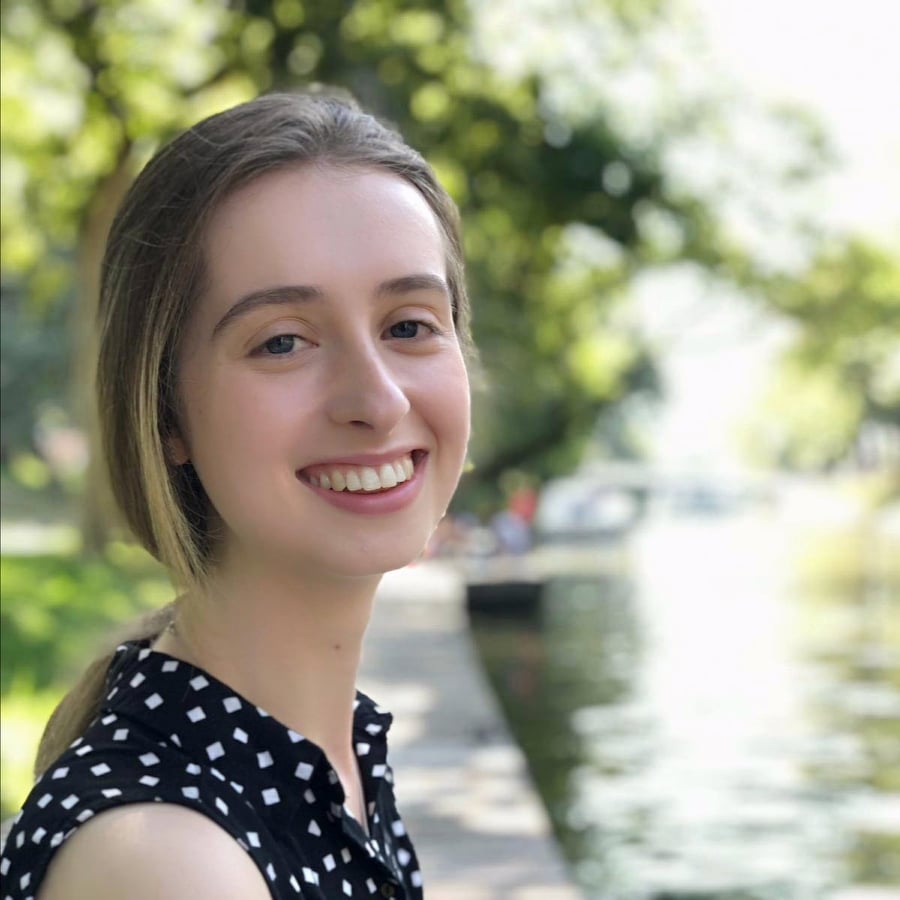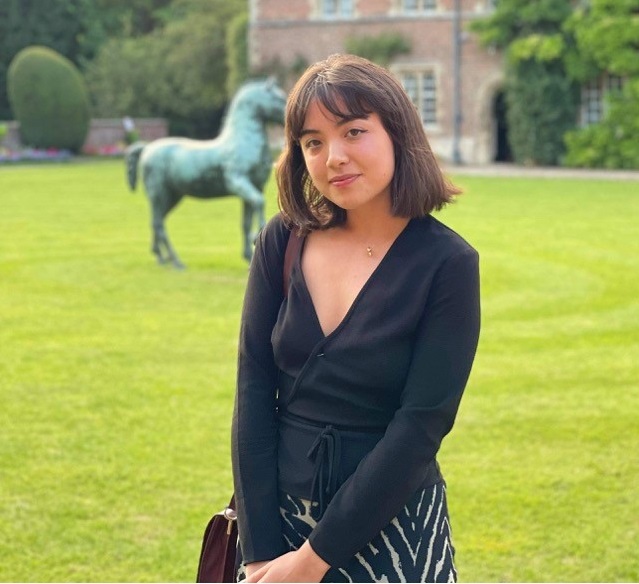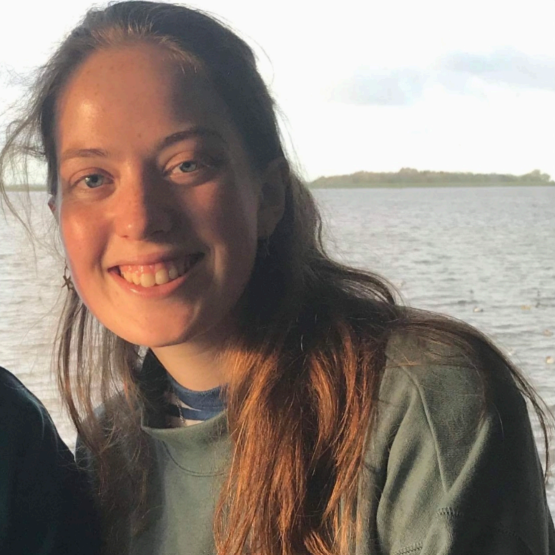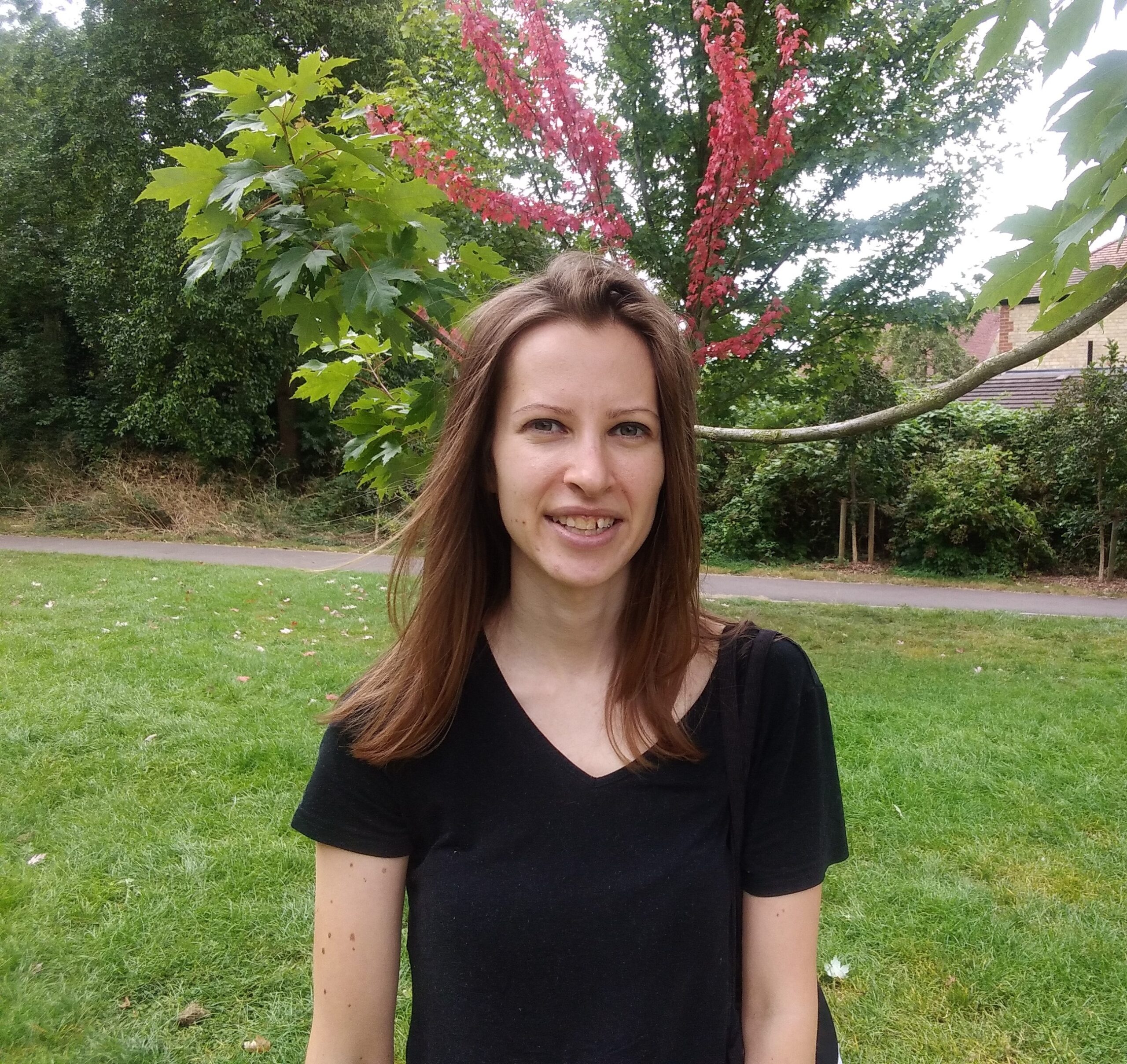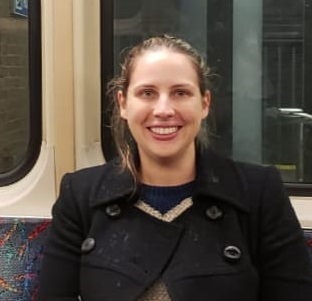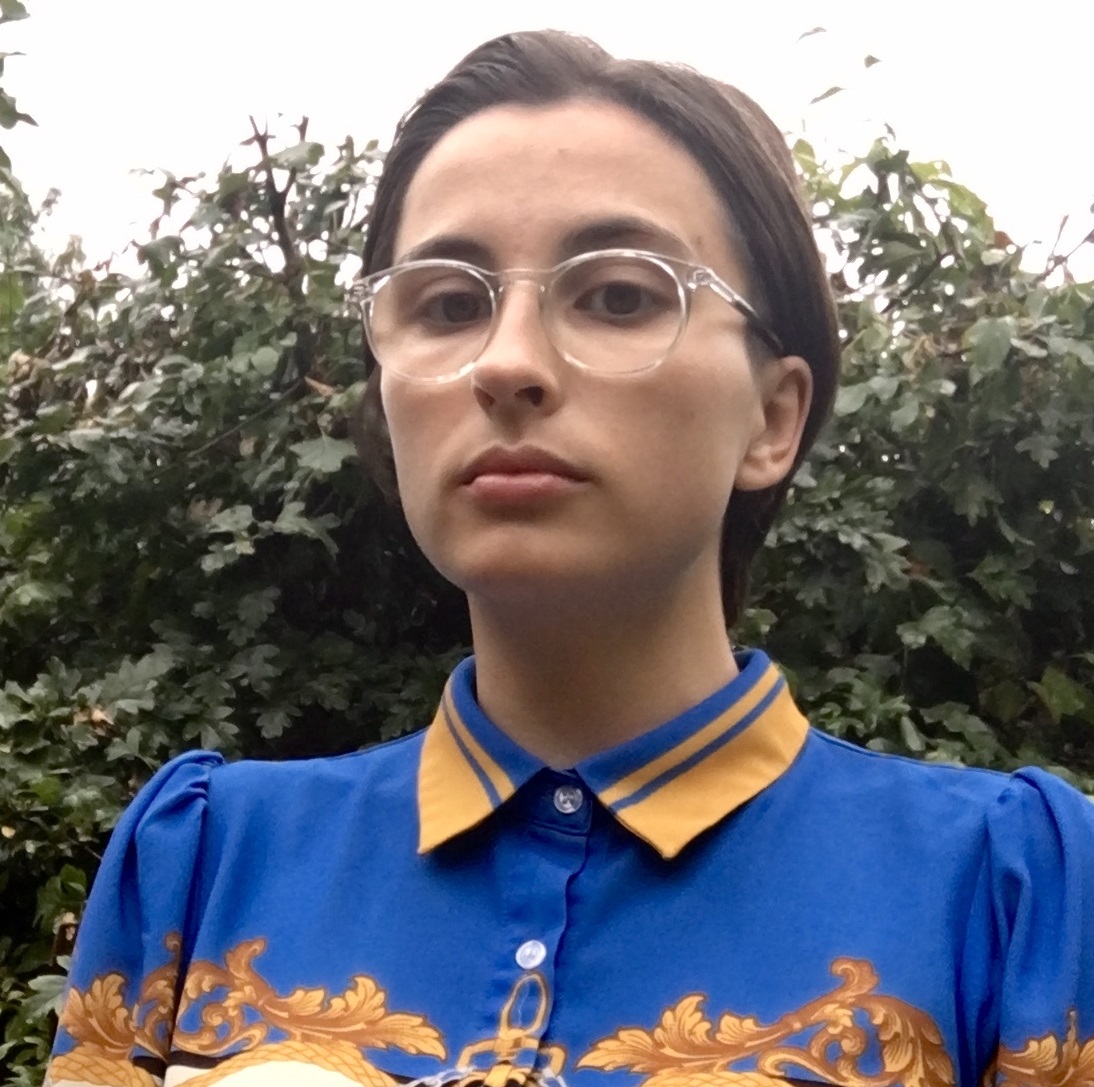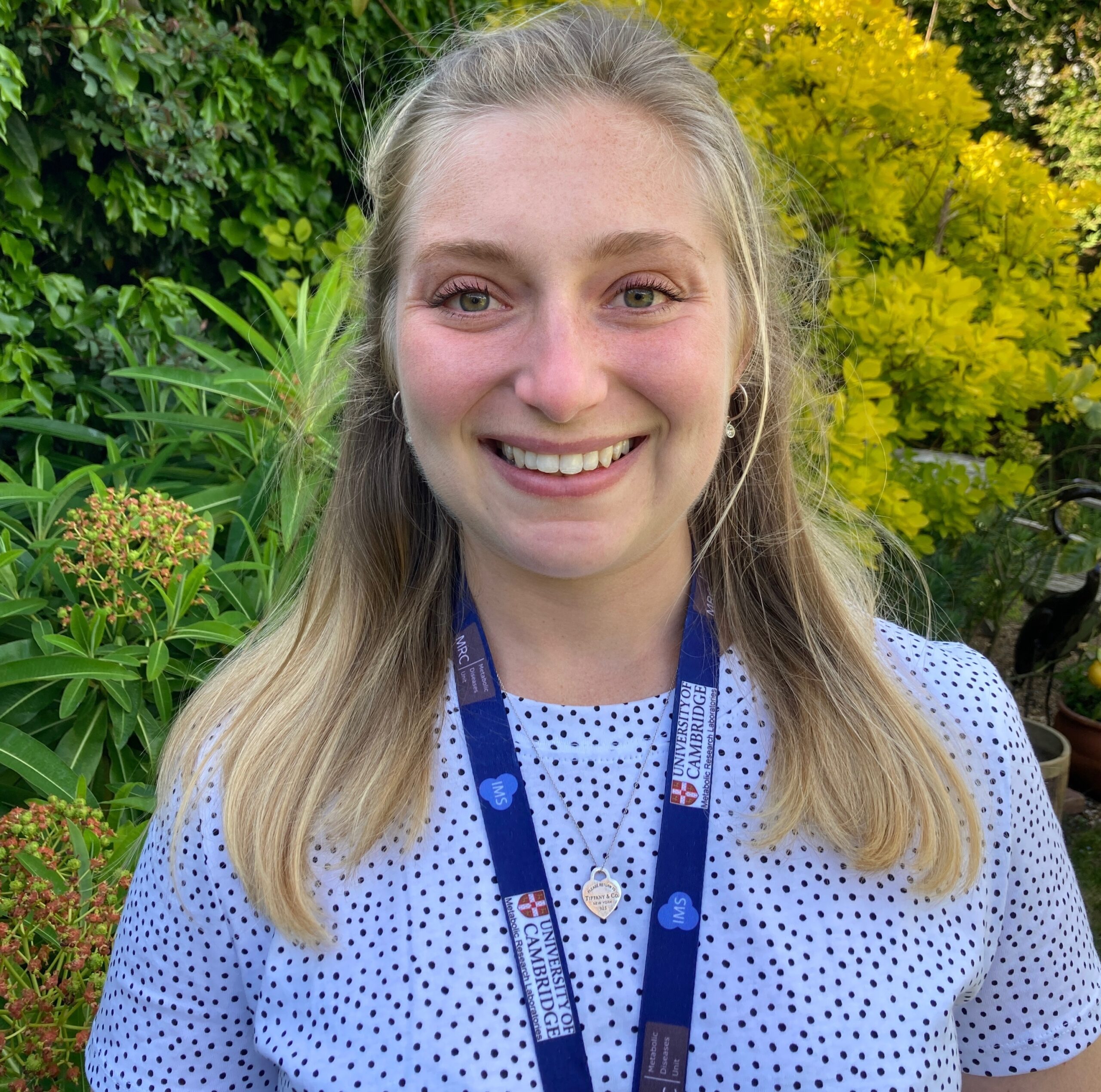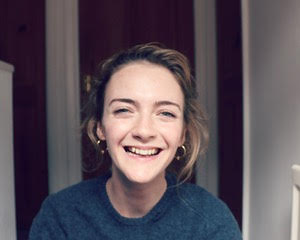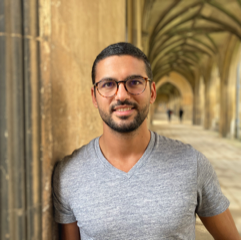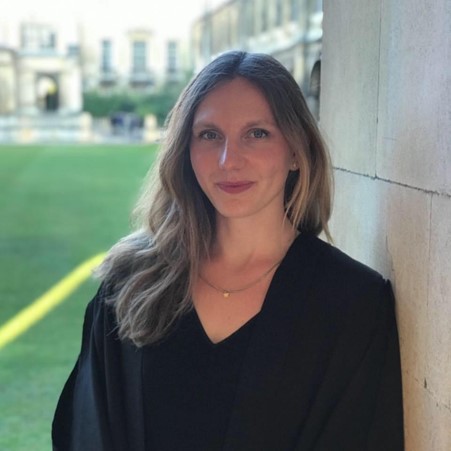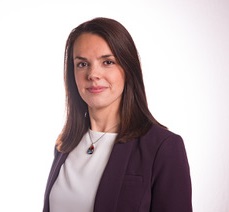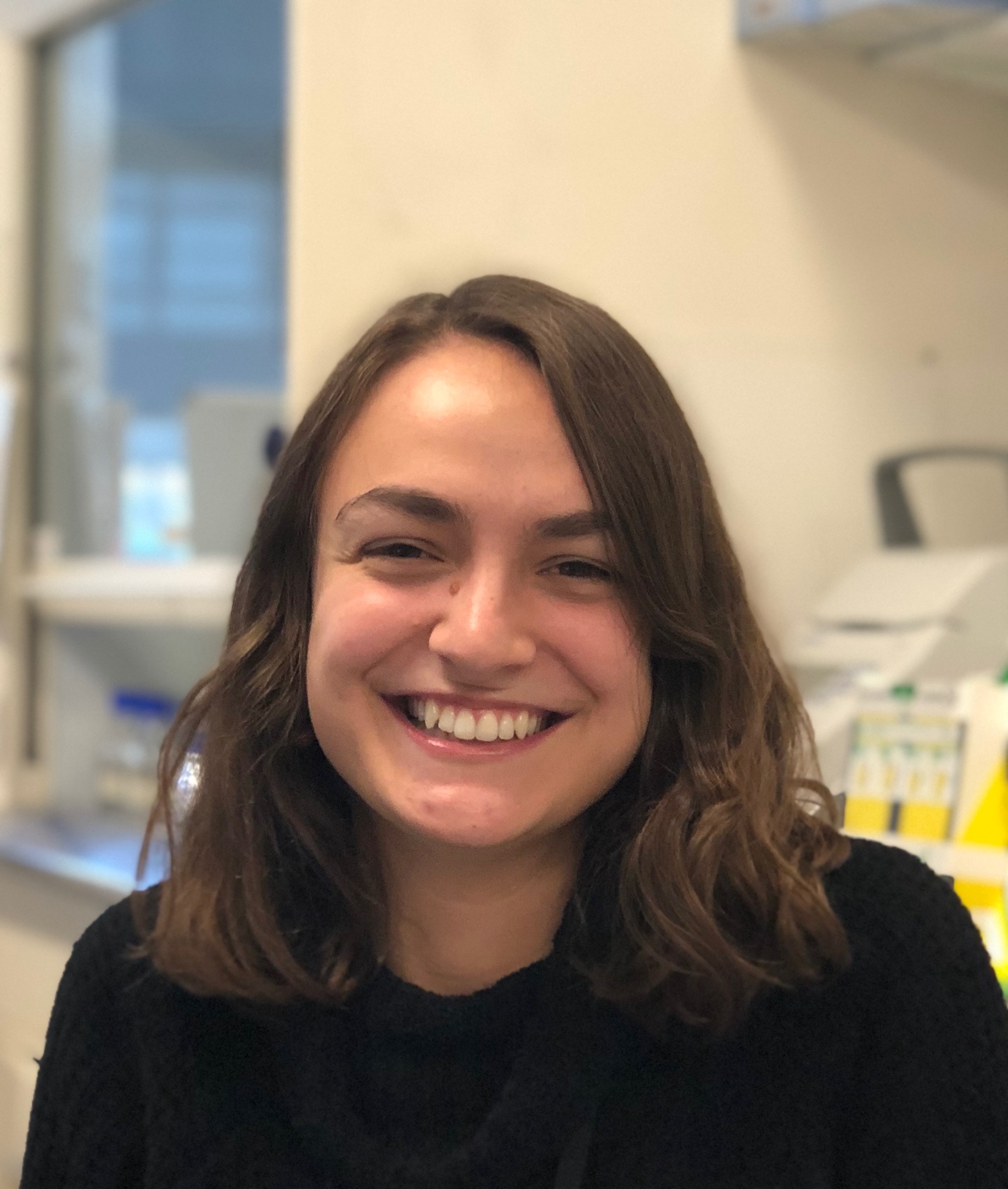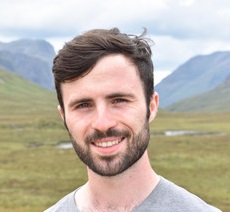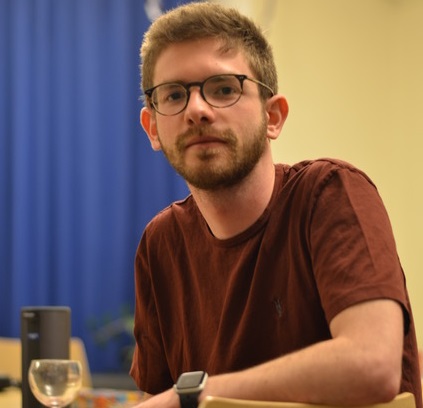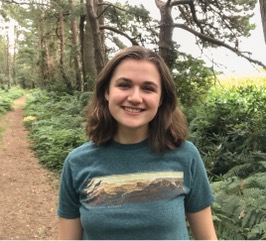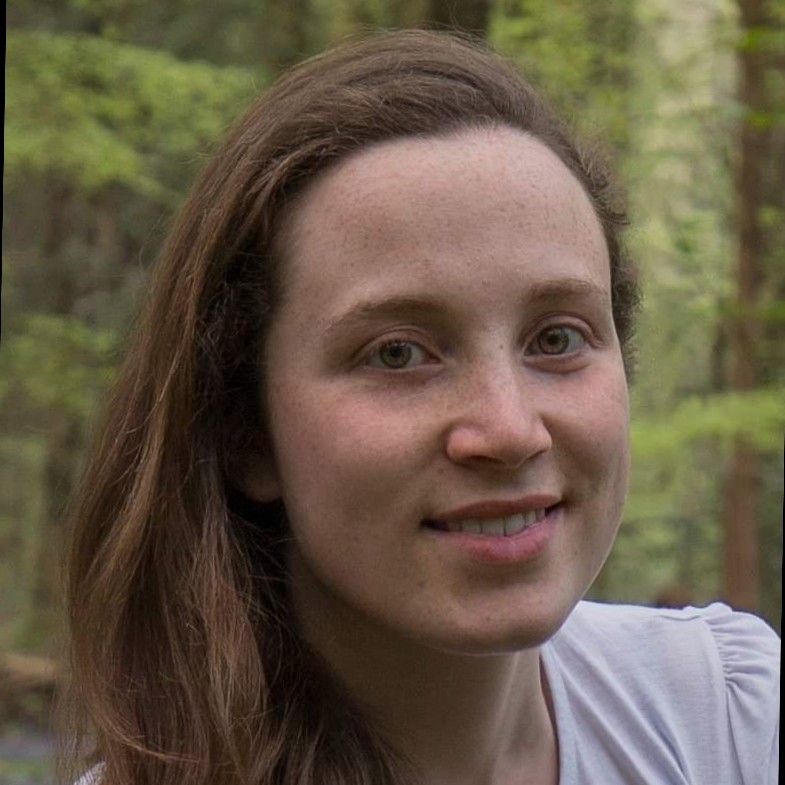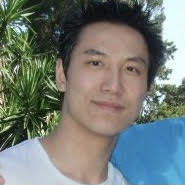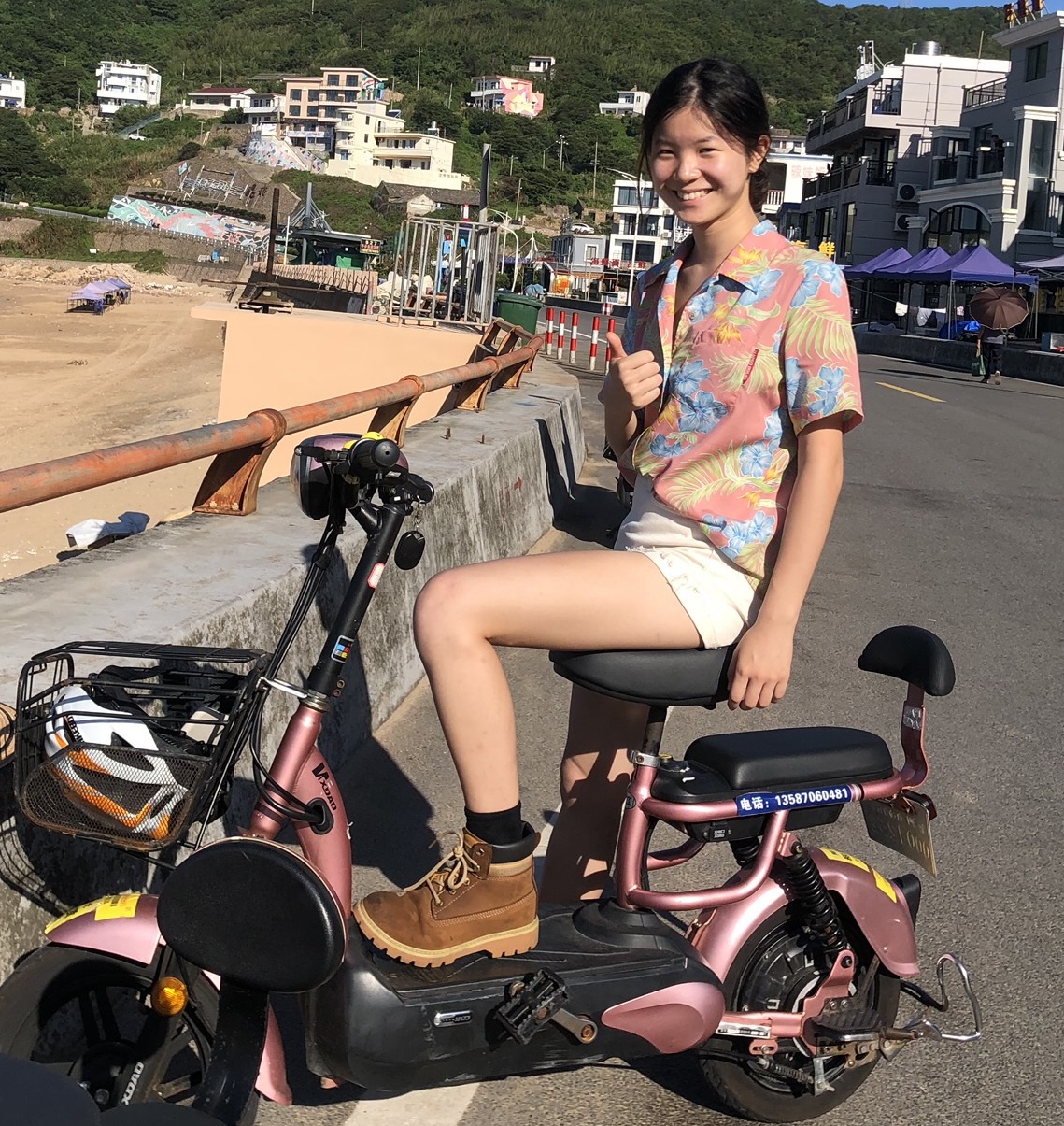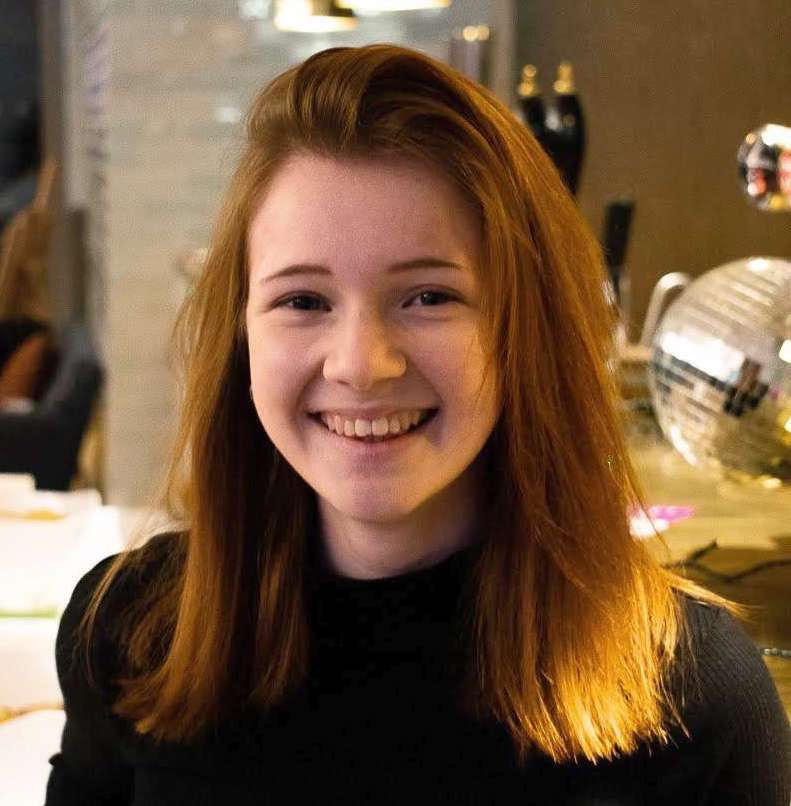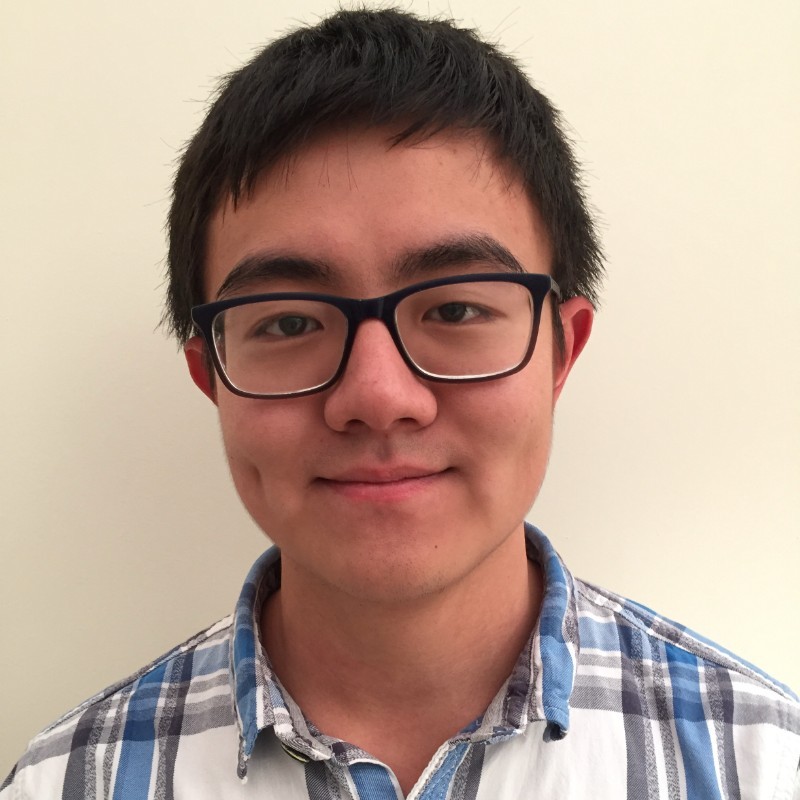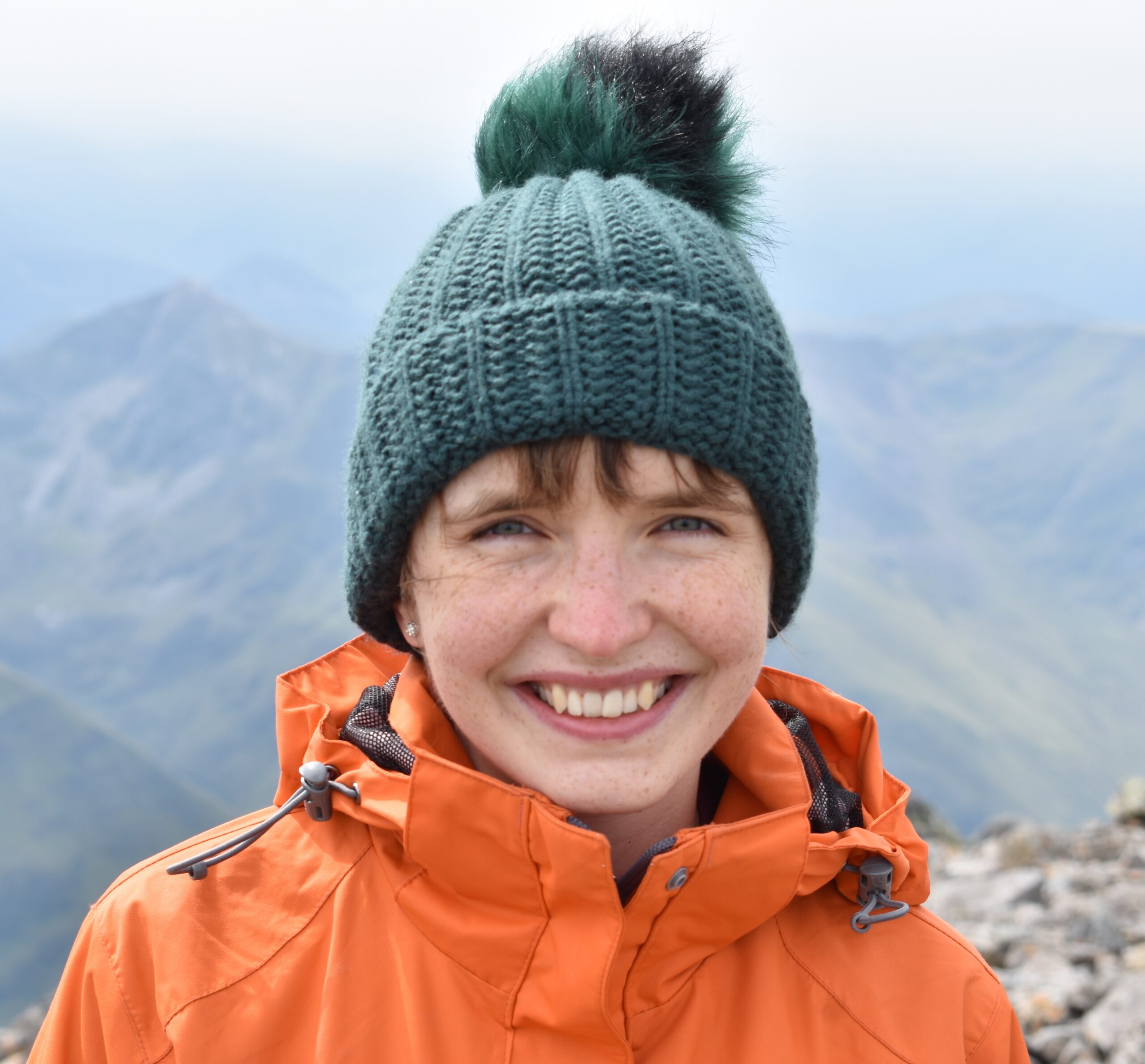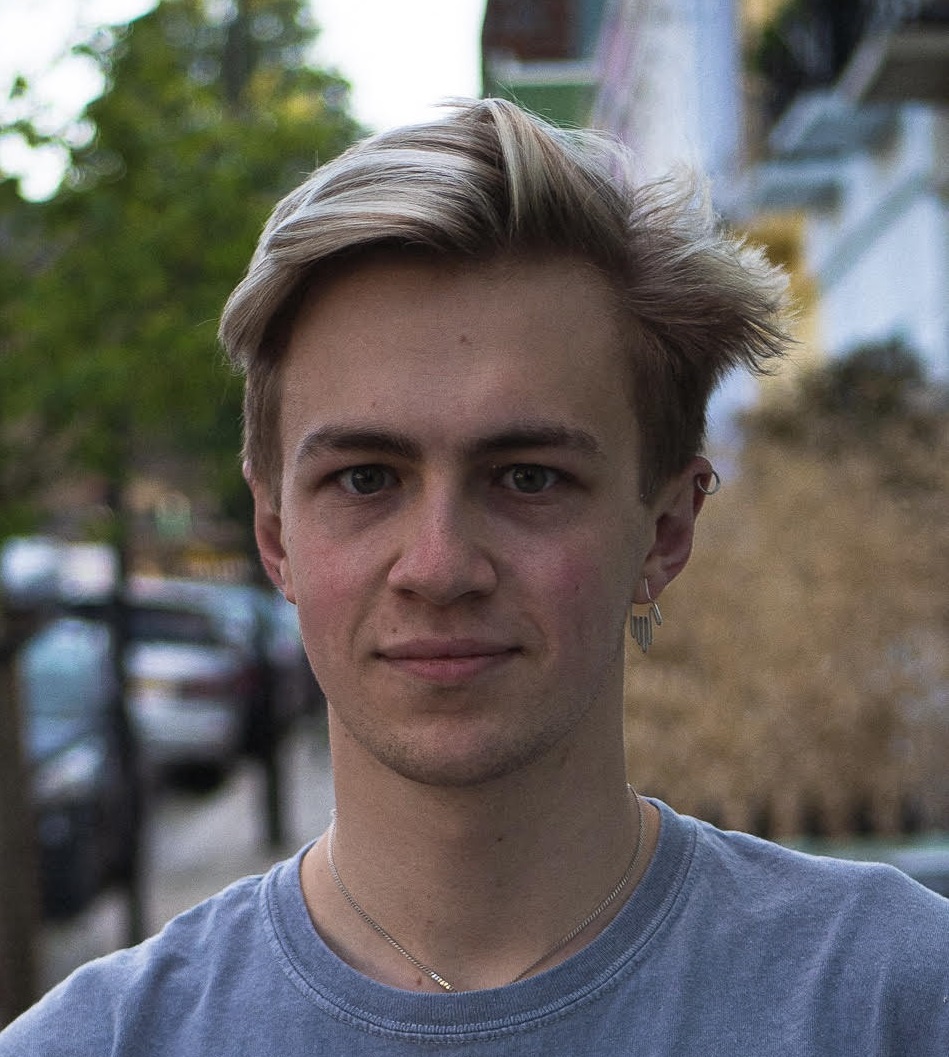President: Richard Moulange
Richard is a PhD student at the MRC Biostatistics Unit — investigating the application of deep learning to cancer research — and a member of Trinity College. He completed his MMath in mathematics and statistics in 2021 and wrote his dissertation on reinforcement learning. He was previously the CUSPE Workshops Lead. His science for policy interests include mitigating global catastrophic risk and enhancing the use of advanced technical skills within government. He is looking forward to developing hybrid events and seeking out new opportunities for CUSPE to contribute to real-world policy making.
Vice President: Ernestine Hui
Ernestine is a PhD student in the Department of Chemical Engineering and Biotechnology and the Cambridge Graphene Centre. Currently, she is developing a graphene-based brain on a chip platform for the study of neurodegenerative diseases. She has previously completed a Graphene Technology MRes and a Materials Science and Engineering MEng. Ernestine was the Marketing and Communications Lead for CUSPE 2020-2021 and was also a part of the CUSPE 2020 Policy Challenges — focusing on the evidence surrounding the type of support care leavers require when transitioning from a supported young person into an independent adult.
Secretary: Ellie Blake
Ellie is a PhD student in the Department of Genetics and a member of Jesus College. Her PhD research focuses on the mechanisms protecting the genome in reproductive cells. Prior to this, Ellie completed a BA in Biological Sciences at the University of Oxford and an MPhil in Genetics at the University of Cambridge. She is looking forward to helping facilitate improved understanding of evidence-based policy through the work of CUSPE during her second year on the committee. She also took part in the 2020 round of CUSPE Policy Challenges, researching the types of support required by formerly looked-after young people to make a successful transition to independence in adulthood.
Treasurer: Martin Ho
Martin is a PhD student at the Centre for Science, Technology, and Innovation Policy. His research focuses on mission-oriented innovation policy, biotechnology value chain, and advanced manufacturing. Prior to his PhD, Martin read Technology Policy and Biotechnology at Cambridge and Imperial College London. Beyond academia, Martin advised P&G, BEIS, LSE, and Uber on innovation policies and econometrics. He also runs a startup on next-generation probiotics. He joined CUSPE in 2019 as a Workshops Officer and looks forward to contributing to CUSPE’s vision and fostering partnerships as the Treasurer.
Policy & Challenges
Policy Challenges Coordinator(s): Andrew Smith
Andrew is a PhD student in the Department of Veterinary Medicine and a member of Christ’s College. His research focusses on studying gene expression changes in a Drosophila model of prion disease, a type of neurodegenerative disease. Prior to his PhD, he studied Natural Sciences for his undergraduate degree at Cambridge. He is currently involved in outlining a strategic business case for a Cambridgeshire Decarbonisation Fund, as part of the 2021 CUSPE Policy Challenges.
Finance & Fundraising
Finance & Fundraising Lead: Grace Field
Grace is a third year PhD student in the History and Philosophy of Science department. Her research explores the potential promise of analogical reasoning for modern science, using table-top ‘analogue’ black holes — black hole models made of fluid — as a case study. More broadly, she is interested in learning about how to apply and interpret different kinds of evidence, not only in fundamental science but in science policy and science communication. She has written and edited for the science and environment sections in Varsity and Bluesci, and is currently participating in CUSPE’s joint Policy Challenges program with the Cambridge County Council.
Finance & Fundraising Officer: Anna Sze Wai Tse
Anna Sze Wai Tse is a second year PhD student working on chloroplast engineering at the Department of Plant Sciences. Her project focuses on the production of nanobodies (a simpler version of antibodies) in the chloroplast of Marchantia polymorpha, the model liverwort, for further practical applications. She is interested in policies regarding the use and application of transgenic plants, as well as funding opportunities to support the transition of lab research into real-world application. She hopes to facilitate the collaboration between the university and different sponsors as a Finance & Fundraising Officer.
Finance & Fundraising Officer: Eleanor McCartney
Eleanor is a PhD student in Genetics at the Wellcome Trust/Cancer Research UK Gurdon Institute and a member of Pembroke College. Her research focuses on how mitochondrial DNA evolves, with a view to finding a cure for mitochondrial diseases. Eleanor previously graduated from the University of Oxford with a BA in Biological Sciences. Outside of her research, her passion for biology has fueled an interest in food security and environmental policy and she carried out her Biotechnology and Biological Sciences Research Council DTP Internship with the Global Crop Diversity Trust in Bonn.
Forum 2020-2021
Forum Lead: Octavia Rooks
Octavia is a 4th year Earth Sciences Student at Jesus College. She joined CUSPE last year as part of the forum team and is looking forward to recommencing the conference in-person. Her interests include geochemistry, climate science and increasing diversity in science and research. Outside of her degree, she enjoys playing piano and performing in chamber music.
Forum Officer: Imogen Lindsley
Imogen is an MPhil student in the Department of Veterinary Science. Her research is focused on the spillover of zoonotic viruses. Her interests are in wildlife trade and public health policy. She has previously completed an undergraduate degree in Natural Sciences at the University of Cambridge.
Forum Officer: Peace Adesina
Peace Adesina is a PhD student in Chemical Engineering with her research focused on the electrochemical reduction of CO2, a promising technology to convert waste CO2 to fuels and value-added products. She is very passionate about climate change mitigation and energy technologies that would aid the transition to a low carbon economy. She hopes to use this platform to tackle some of the real-life challenges faced in the world today and explore the science-policy space.
Forum Officer: Maria Ikonomova
Maria is a PhD student at the EPSRC Doctoral Training Centre for Future Infrastructure and the Built Environment. Her PhD research explores how to adapt physical infrastructure systems in cities to protect public health from climate change risks. Prior to starting her PhD, Maria completed a MRes degree in Future Infrastructure and the Built Environment at the University of Cambridge, as well as an undergraduate degree in the built environment at University College London. Maria also has previous experience working in project management roles for an environmental charity, as well as a construction and property consultancy.
Lectures
Lectures Lead: Ana Paula Seraphim
Ana Paula Seraphim is a second year PhD Candidate at the Department of Land Economy exploring how urban green and blue spaces’ spatial characteristics impact population mental health. Ana has a BSc in Architecture and Urban Planning, a MRes in Sustainability of the Built Environment, and she has worked for the German GIZ and for the Brazilian government developing urban sustainability policies in Brazil. She is interested in rethinking urban natural environments to make our cities healthier and more resilient using Spatial Planning, Complexity Theory, Spatial Analysis and Dynamic Simulation. She was involved with the 2020 CUSPE Policy Challenges and now, through the lectures, she is looking forward to organizing thought provoking discussions about evidence-oriented policy making.
Lectures Officer: Rosie Owen-Schwarm
Rosie is a third year undergraduate at Trinity Hall who studies HSPS, specialising in politics. Rosie is particularly interested in climate change, and the ways in which emotions play a key role in understanding as well as tackling this phenomenon. She thinks it is necessary to adopt a multidisciplinary approach—combining the natural sciences, humanities, and policymaking—in order to properly tackle the climate crisis.
Workshops
Workshops Lead: Mara Sgroi
Mara is a post-doctoral research associate at the Crop Science Centre studying plant root symbioses as alternatives to inorganic fertilizers for agriculture. She holds a PhD in Plant Sciences from the University of Cambridge and is an alumna of Darwin College. She completed her Bachelor of Science degree in Biology at Imperial College London. Mara is passionate about evidence-driven policy making at the interface between technology, agriculture and climate change. Through her work at CUSPE she aims to promote academic engagement in policy making and to inspire other researchers to consider science policy as a career path.
Workshops Officer: Jamila Rowland-Chandler
Jamila is a Master’s student of Systems Biology at Homerton College. At undergraduate level she studied Natural Sciences, specialising in Plant Sciences and with a research focus on mathematical and computational biology. She aims at the CUPSE to explore the intersection between novel research and policy making, knowledge which she hopes to use in her future research career to inform and design real-world strategies.
Workshops Officer: Emily Staricoff
Emily is a second year Clinical Biochemistry PhD student, based at the Institute of Metabolic Sciences. Her PhD is embedded within the large European Union funded Hypo-RESOLVE consortium (Hypoglycemia REdefining SOLutions for better liVEs). The overall aim of Hypo-RESOLVE is to reduce the burden and consequences of hypoglycaemia for people living with diabetes, through increasing understanding of the mechanisms and consequences of hypoglycaemia. Prior to this, Emily obtained a BSc (Hons) in Biochemistry with Industrial/Professional Experience from the University of Manchester. Emily is passionate about effective science communication and public engagement. She is looking forward to helping students explore different career pathways outside of the traditional academic route through facilitating high quality workshops with CUSPE this year.
Cambridge Journal of Science and Policy
Chief Editor: Kate Howlett
Kate is a PhD student in zoology, based in the University Museum of Zoology and funded by the Natural Environment Research Council. Her research focuses on green space in UK primary schools, investigating their potential for improving children’s wellbeing and connection to nature, as well as their potential for biodiversity conservation. She has previously completed an undergraduate degree in Natural Sciences at the University of Cambridge and an MSc in Human Evolution & Behaviour at UCL. Kate has worked as a Postgraduate Fellow at the Parliamentary Office of Science and Technology, where she produced a POSTnote on environmental housing standards. She is excited to lead the Journal Team for Volume 3 of CJSP!
Managing Editor: Emma Brown
Emma is a final year PhD student in Medical Sciences at the Cancer Research UK Cambridge Institute and member of Wolfson College. Her research focuses on the use of new imaging technologies to visualise breast cancer. She joined CUSPE in 2019 as a member of the publications team which launched the Cambridge Journal of Science and Policy (CJSP). In 2020-2021 she led the team as Chief Editor of CJSP and now advises as the Managing Editor. She is passionate about communicating scientific evidence to policymakers and to the public effectively and accurately.
Editor: Adrià Segarra:
Adrià Segarra is a second-year PhD student in the Department of History and Philosophy of Science at the University of Cambridge. His research explores the logical warrant of inductive inferences, but he is also interested in debates about evidence and scientific reasoning in general. Adrià completed a Bachelor’s degree and a Master’s degree in Aerospace Engineering, specialising in Fluid Dynamics, and a Master’s degree in Analytic Philosophy. Before transitioning to philosophy, Adrià did research on supersonic flows at the University of California, Irvine, and he completed his Master’s research on air traffic optimisation at NASA Ames Research Centre.
Editor: Gloria Jansen
Gloria is a PhD student in the Department of Genetics and a member of Lucy Cavendish College. She uses gene editing tools and genome sequencing to study responses to DNA damage in reproductive cells. Before coming to Cambridge, Gloria studied Biology at New York University Abu Dhabi. As part of the Cambridge University Women In Science mentorship scheme, she advises undergraduates interested in science and research. Gloria is interested in how the advent of genome editing and sequencing technologies is shaping health and research policy.
Editor: Bethan Charles
Bethan is a postdoctoral research associate in the Department of Materials Science and Metallurgy, where she investigates light-emitting materials for applications in solar harvesting devices, such as solar cells. Before coming to Cambridge, Bethan completed her PhD at the University of Bath, where she co-founded Bath Science in Policy, an initiative encouraging communication between early career researchers and policymakers.
Editor: Affan Iqbal
Affan is a PhD student at the Cavendish Laboratory studying how energy materials under operational stressors towards propelling these materials into wide-scale use and reducing our dependence on fossil fuels. Affan is interested in how climate policy can guide us towards net-zero and has written for Varsity magazine on the subject. He is also working with the Cambridgeshire country council to develop strategy to allow businesses to collaborate with local government on decarbonisation projects. A physicist by training, Affan has degrees in Physics from King’s College London and the University of Warwick. Alongside his research, he teaches Physics to first-year undergraduates and is involved in access projects including ReachSci, Tutor The Nation and the Access Project to support disadvantaged students.
Editor: Cameron Hall
Cameron is a PhD student in the Department of Clinical Neurosciences, funded by the Medical Research Council. His research focusses on traumatic brain injury, looking at biomarkers and inflammatory response molecules, using stem cell cultures to emulate injuries in vitro, exploring potential neurotherapeutic agents. His is particularly interested in medico-legal issues and ethics. Cameron has previously completed an undergraduate degree in Biomedical Science before working as a research and development scientist in the biotechnology industry.
Editor: Dillon Rinauro
Dillon is a member of St John’s College and a third-year PhD student in Chemistry at the Centre for Misfolding Diseases. His research investigates the biophysics and kinetics of protein aggregation in neurodegenerative diseases. Previously, he received a Bachelor of Science in Biochemistry from Loyola Marymount University. Dillon is interested in the relationship between scientific evidence and its role in policy reform. More specifically, he is passionate about how to effectively convey science to public for emerging concerns in public health and climate change.
Editor: Adriana Fonesca
Adriana is a PhD student at the CRUK Cambridge Centre, in the Early Detection Programme. She works on understanding how we can use DNA methylation to predict risk of acute myeloid leukaemia years before it develops. Previously, she completed an MSci degree in Genetics at the University of Glasgow, with a placement year at GSK. She is passionate about science communication and policy. In her spare time, she is part of the Cambridge University Science Improv society and enjoys charity fundraising.
Editor: Jack Byrne
Jack Byrne is a 3rd year PhD student in Immunology at the MRC Laboratory of Molecular Biology in Cambridge. Originally from Ireland, Jack holds a degree in Biochemistry from Trinity College Dublin, and an MPhil in Translational Biomedical Research from the University of Cambridge. Jack has a keen interest in issues of sustainability and continues to work with a social venture startup, Voiz, to further its mission of democratising sustainability and ensuring corporate accountability. Jack is excited about the prospect of working on a diverse range of policy matters on Volume III of the Cambridge Journal of Science and Policy.
Copy-Editor: Elliot Goldberg
Elliot is a second year PhD student in the optoelectronics research group at the Department of Physics. His project focuses on investigating flexible organic materials for potential uses in converting waste heat into electricity. Prior to this he graduated from Durham University with an MSci in Natural Sciences. Outside of research, he is particularly interested in the translation between academia and the wider world; increasing scientific literacy and helping the general public get a better understanding of the science that goes into policy and decision making.
Copy-Editor: Sophie Bennett
Sophie is a fourth-year undergraduate studying Chemistry at Emmanuel College. She is interested in how to effectively communicate scientific research to both policy makers and the general public, particularly with regards to tackling climate change and public health issues.
Copy-Editor: Dawn Kelly
Dawn is a PhD student with the NanoDTC in the Departments of Physics and of Materials Science and Metallurgy. She is working towards developing optically accessible antiferromagnetic memristors. Dawn has just completed an MRes in Nanoscience and Nanotechnology in Girton College, Cambridge.
Copy-Editor: Katy Davis
Katy is in the third year of her PhD in the Biochemistry department, focussing on understanding the role of enzymes in assembling the plant cell wall. She previously played a part in organising a science policy summit and action programme (Shaping Horizons), which has led to her interest in the role of policy in bridging the gap between academic research in the lab and real-world implementation. She is also a painter outside of the lab and is keen to find ways of using art to represent science research.
Networking and Social Leads
Social Officer: Yizhou Wan
Clinical Neurosciences and a member of Gonville & Caius College. He is researching the use of advanced imaging methods for predicting cognitive outcomes following surgery in patients with brain tumours. Prior to this, he completed his Medical Degree at Imperial College London and MPhil at the University of Cambridge. He is also a trainee Neurosurgeon at Addenbrooke’s Hospital in Cambridge. Yizhou is interested in translating scientific research into public policy. He aims to forge links between CUSPE members and governmental and industry bodies.
Social Officer: Heidi He
Heidi is a third-year undergraduate philosophy student at Clare College. She is passionate about building bridges between ethical theories and emerging technologies. She believes this to be needed for academics to inform policies that respond to social challenges. By working with CUSPE, she hopes to facilitate more interdisciplinary and inspiring discussions through social activities.
Marketing & Communications
Marketing & Communications Lead: Hannah McKay
Hannah is an MPhil student in Human Evolutionary Studies, studying at Jesus College. Her undergraduate degree was in Zoology and she is particularly interested in the applications of science for policy related to animal welfare and other environmental and ethical issues. Hannah is looking forward to sharing all the great events coming up over the next year and introducing more and more people to CUSPE’s work.
Marketing & Communications Officer: Bocheng Xiao
I’m a second-year undergraduate student studying Natural Sciences with a mix of Biological and Physical options. The role of science driven policy to tackle the great issues of the current era has been something that has fascinated me and motivated me for a while. I am looking forward to working with a multidisciplinary team on CUSPE and hopefully I can help contribute to promoting the profile of science policy across the University and more.
Marketing & Communications Officer: Imogen Binnian
Imogen is a PhD student at the MRC Laboratory of Molecular Biology, and a member of Hughes Hall College. Her research focuses on how cells regulate the synthesis of misfolded membrane proteins such as CFTR, the protein responsible for Cystic Fibrosis. Before studying at Cambridge, she completed a BSc in Biochemistry at the University of Bristol, including a year in industry working at MedImmune. She is interested in the relationship between research in academia, industry, and government policy, and how this translates into healthcare. In her free time she is involved in various college sports, including as President of Hughes Hall Boat Club.
Marketing & Communications Officer: Troy Fielder
Situated in the Department of Geography, Troy is currently studying for an MPhil in Anthropocene Studies. His research considers the ever- evolving relationship between environmental change and human culture. Troy is excited to use his time in the CUSPE Marketing Team to push forward novel communications techniques with a view to bettering engagement between scientists and policy-makers, both on campus and across the country.
Web Team
Webmaster: Gareth Hart
Gareth is a research scientist working in industry, having specialised in chemistry during his Natural Sciences degree and having led the University Chemical Society. His current research interests lie in the scientific technology and related policy required to achieve net zero. In particular, he hopes to influence and contribute scientifically to the hydrogen economy.



